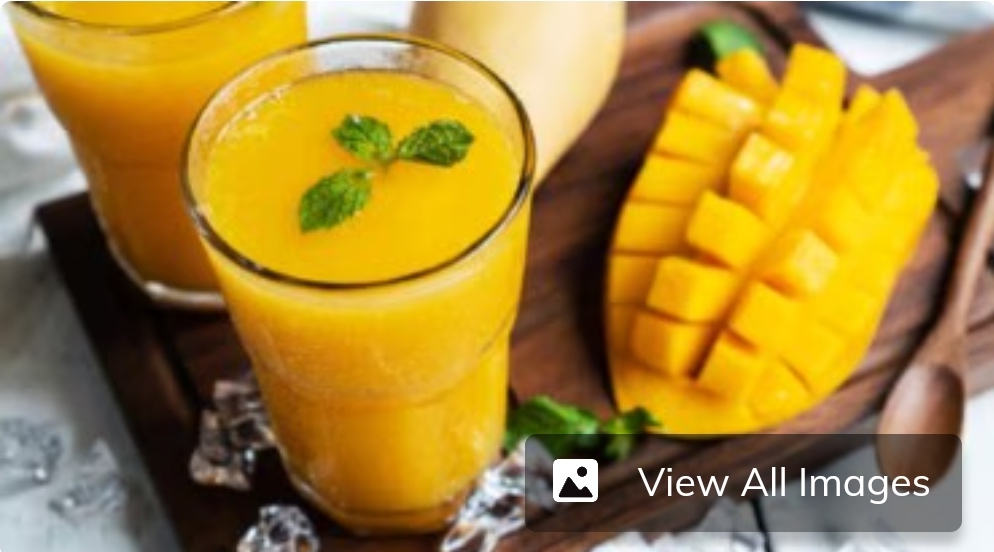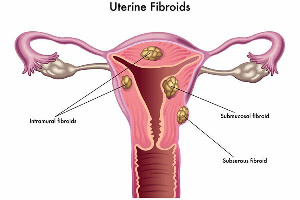8 health benefits of Mango juice

What is mango juice?
Mango juice is a beverage made from grinding the pulp of ripe mangoes with water or ice. It is a popular fruit drink known for its sweet and tangy flavour.

What are the benefits of mango juice?
The benefits of mango juice include:
1. Rich in nutrients
Mango juice is packed with essential vitamins and minerals, including vitamin C and calcium, which support overall health, says nutritionist Tanya Mehra.
2. Boosts immunity
Mango juice is rich in vitamin C, an essential nutrient that plays a vital role in strengthening the immune system. Vitamin C helps stimulate the production of white blood cells, which are the body’s defense system against infections and illnesses. A 100 ml serving of mango juice can provide 13.7 mg of vitamin C, according to the US Department of Agriculture (USDA).
3. May support digestive health
Mango juice contains dietary fiber, which aids digestion, promotes regular bowel movements. This in turn helps prevent constipation.
4. May enhance skin health
Mango juice contains vitamin C, which is needed to produce collagen that gives skin its elasticity, and helps in preventing wrinkles, as per a 2018 research published in the Sage Journals. Apart from promoting collagen production, it may help to reduce inflammation, and protect against UV (ultraviolet) damage. No wonder why women use mango face packs too.
5. May improve eye health
Mango juice is rich in vitamin A, which plays a key role in vision. It helps in maintaining a clear cornea. It is the outside covering of the eye. Vitamin A is also a component of rhodopsin, which is a protein in the eyes. It helps in seeing in low light conditions.
6. May boost brain health
The antioxidants in mango juice may help protect brain cells from oxidative stress, says Mehra. So, it may help reduce the risk of cognitive decline and neurodegenerative disorders like Alzheimer’s disease.
7. Hydrates the body
Mango juice is a refreshing and hydrating beverage. It helps maintain fluid balance in the body, which is especially needed during hot weather or physical activity.
Select Topics of your interest and let us customize your feed.
8. Provides energy
Mango juice (100 ml) has 11.7 grams of carbohydrate, as per the USDA. Since it contains natural sugars and carbohydrates, it provides a quick source of energy and help replenish glycogen (glucose) stores after exercise, says the expert.
How to make mango juice?
This summer, you can try various mango recipes. Add mango juice to the list too. Just follow these steps:
- Select ripe mangoes and wash them thoroughly.
- Peel the mangoes, use the flesh and keep aside the mango seed.
- Cut the mango flesh into chunks and place them in a blender or juicer.
- Add a splash of water or ice cubes if desired, then blend until smooth.
- Serve the mango juice chilled or over ice for a refreshing beverage.
What are the side effects of mango juice?
Excessive consumption may lead to some side effects, particularly for individuals with certain medical conditions. These side effects may include:
- Digestive discomfort
- Allergic reactions in some individuals
- Spikes in blood sugar levels due to its natural sugar content, so diabetics should watch the quantity while having mango juice
- Weight gain
Drinking mango juice every day can be part of a healthy diet, but moderation is key, says Mehra.
What is the best time to drink mango juice?
The best time to drink mango juice is in the morning or as a mid-morning snack. Consuming mango juice earlier in the day can help kickstart metabolism, provide a natural energy boost, and keep you hydrated throughout the day. Avoid drinking mango juice late in the evening or before bedtime to prevent disruption of sleep or discomfort due to its natural sugar content.
The health benefits of mango juice includes providing energy and boosting immunity. But due to its sugar content, drink mango juice in moderation.
Source: Thepressradio.com|healthshots





